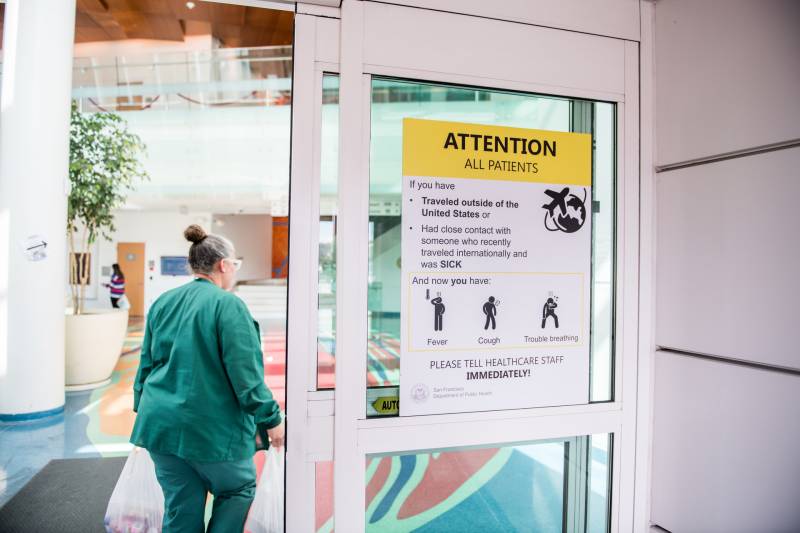At the same time hospitals in California are racing to secure more beds, ventilators and masks to care for a surge of coronavirus patients, they are also scrambling to prepare — and preserve — their workforce so they don’t run out of doctors, nurses and respiratory therapists, too.
With health care workers among those most likely to become sick and need weeks off from work to recover or be quarantined, hospital and government officials are calling older doctors out of retirement, asking part-time staff to go full time and moving surgeons and anesthesiologists out of the operating room and into the intensive care unit and the emergency room.
“Anesthesiology in a lot of other countries is called anesthesia and intensive care medicine,” says Dr. Jeffrey Swisher, an anesthesiologist who specializes in liver transplants at California Pacific Medical Center in San Francisco. “Every anesthesia machine in an operating room is a ventilator as well.”
Instead of intubating patients for surgery, he and his machine will be repurposed for coronavirus duty in the ICU. It’s similar with other departments, now that all elective surgeries have been canceled.
“Orthopedic surgeons who would normally be doing hip replacements or knee replacements will be asked to come in and serve as emergency room doctors, taking care of the usual emergency room business,” Swisher says.
So while the regular ER doctors are taking care of COVID-19 patients, the orthopedists can tend to the folks coming in for car accidents, heart attacks and drug overdoses.
